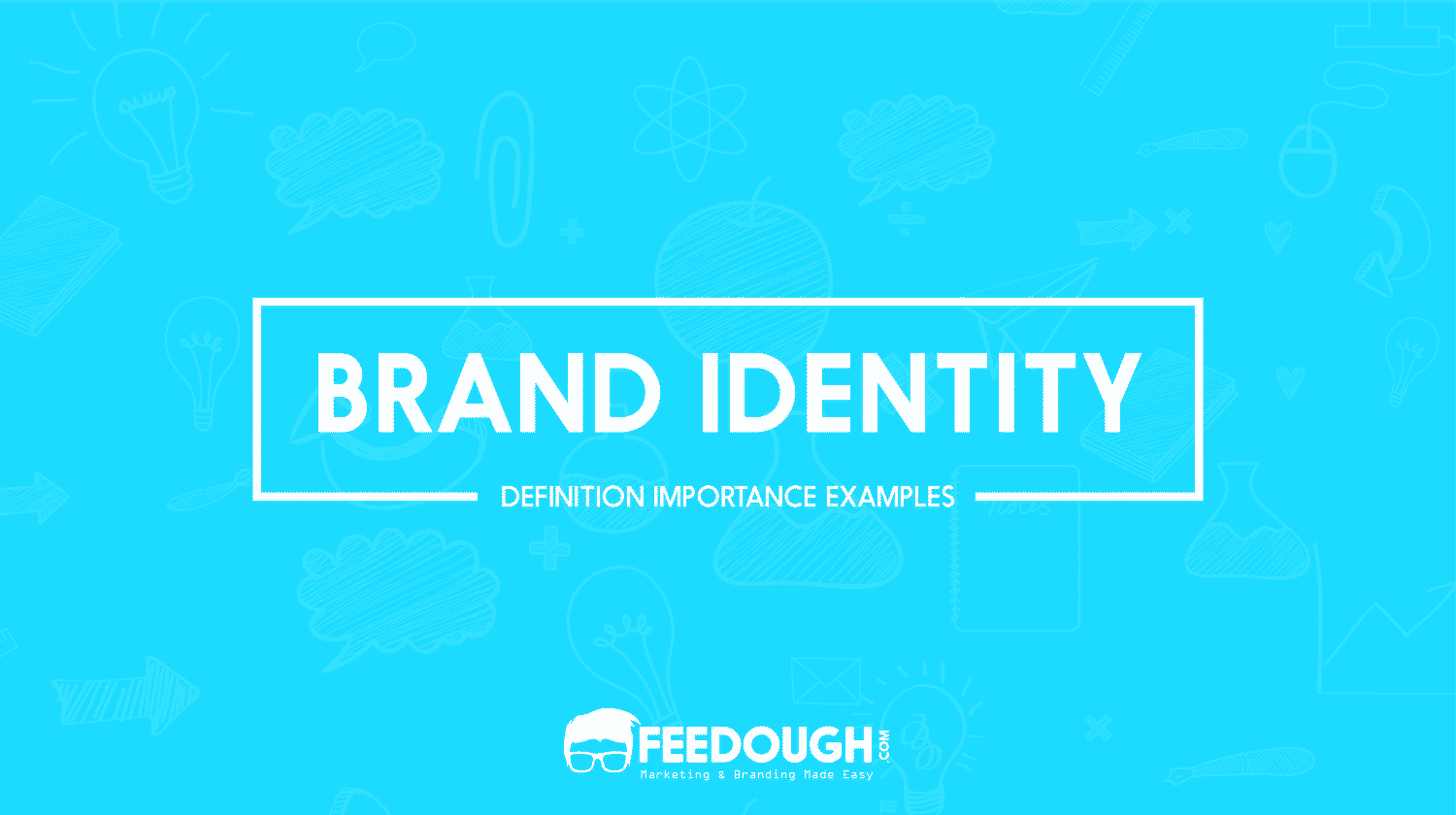The rising competition has made it tough for many companies to stay in the market and find a unique position. Thankfully the concept of branding makes it easy to stand out even when the company deals with generic products.
Adding a brand name to a generic product not only makes it stand out, sometimes, it also makes the customer pay more just because of that association. This extra value is regarded as brand value.
What Is Brand Value?
Brand value is how much extra the customers are willing to pay for the brand’s product over and above the actual value of that generic product.
In simple terms, brand value is the financial worth of the brand.
Suppose a usual toothpaste costs $5 in the market. Now, if the same toothpaste is launched by a well-perceived brand for $7 and people don’t mind paying extra $2 for it, this premium price is the brand value.
Customers consider several factors like expectations, emotions, memories, stories, brand experience, and brand image before buying a product. These factors help them perceive the utility they will get from a particular brand’s product, which eventually helps them come up with the perceived value of their experience with the brand. This perceived value is the price of the generic commodity ($5 in the above example) plus brand value ($2 in the above example).
Importance Of Brand Value
Knowing that the customers are willing to pay more for a generic product just because it belongs to a brand reassures the company that customers look up to its branding efforts. Besides this, having a high brand value is important as it –
- Builds Reputation: Having a high brand value builds the company’s reputation in the eyes of the customers, employees, and competitors.
- Helps In Setting A Relevant Brand Positioning Strategy: Carefully evaluating the brand value helps in determining the right positioning strategy of the brand.
- Attracts More Customers: An increased brand value usually increases the appeal of the product, which often increases its demand.
Brand Value vs. Brand Equity
Many marketers consider brand value and brand equity to be synonyms, but there’s a clear difference between the two terms.
Brand equity is the aggregate of assets and liabilities attached to the brand name and symbol, which results in the relationship customers have with the brand. It includes three aspects: the customer-based perspective (how the customers look at the brand), the financial perspective (how much less/extra would they pay for the brand’s products), and the combined perspective.
Brand value, on the other hand, only refers to the financial worth of the brand concerning the products it offers.
Brand Value Examples
A perfect example of a brand having a high brand value is Apple. According to TechInsights, the average cost of making an iPhone XS Max was just 35% of the price at which it was launched in the market. Moreover, Forbes found an average Android phone’s price in 2015 to be $254 while an iPhone costed a whopping $687. Even though much of the profit went into marketing and brand building strategies, Apple was and still is one of the most profitable companies in the world just because of its high brand value.
Other examples of brands with high brand value are –
- Tesla – The pioneer of electric cars enjoys a high brand value because of its intelligent business strategies.
- Disney Theme Parks – Customers happily buy premium-priced tickets just because many ‘valuable’ Disney characters are associated with these theme parks.
What Gives Rise To Brand Value?
A high brand value is what every company aims for. But not every company succeeds in achieving this feat, mostly because they focus more on themselves and less on the customers. While the company’s own expectations and goals are essential, it’s important to improve the brand image and how the customer perceives the brand.
Here’s what usually gives rise to brand value –
Uniqueness
According to research by Millward Brown, customers are more likely to pay a premium price for a brand’s product if they are convinced that the brand is meaningful, different, and salient.
A brand portrays its uniqueness in the form of out of the box marketing strategy, positioning strategy, or a unique offering.
Relevance
Being relevant results in more satisfied customers who pose no objection in paying a premium price if it’s this relevance keeps the brand stand out of the crowd.
Google, for example, is an example of such a relevant brand that has been successful in maintaining its position for more than a decade.
Brand Promise Fulfillment
Customers feel delighted if a brand delivers what it promises. Toyota’s brand value, for instance, increased 12% just because it delivered what it promised to the customers.
Volkswagen, on the other hand, saw its brand value to decrease by over $12 billion just because it lied to its customers about its emission levels.
Go On, Tell Us What You Think!
Did we miss something? Come on! Tell us what you think about our article in the comments section.
A startup consultant, digital marketer, traveller, and philomath. Aashish has worked with over 20 startups and successfully helped them ideate, raise money, and succeed. When not working, he can be found hiking, camping, and stargazing.
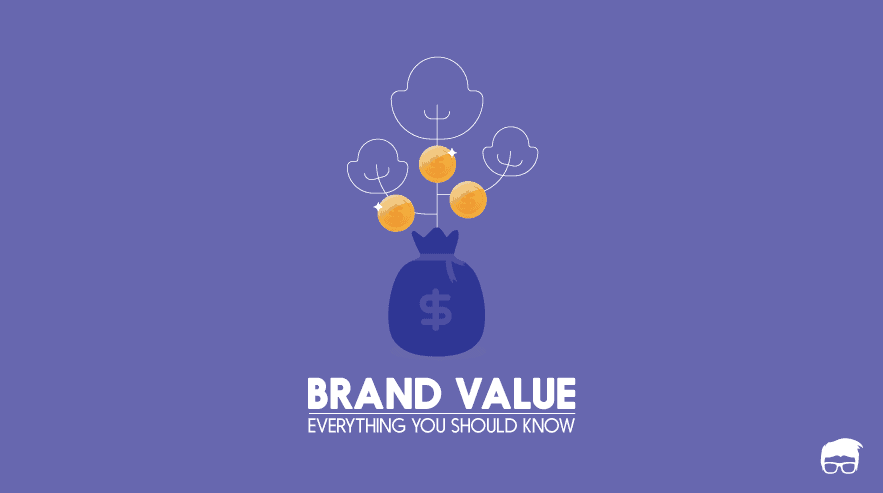
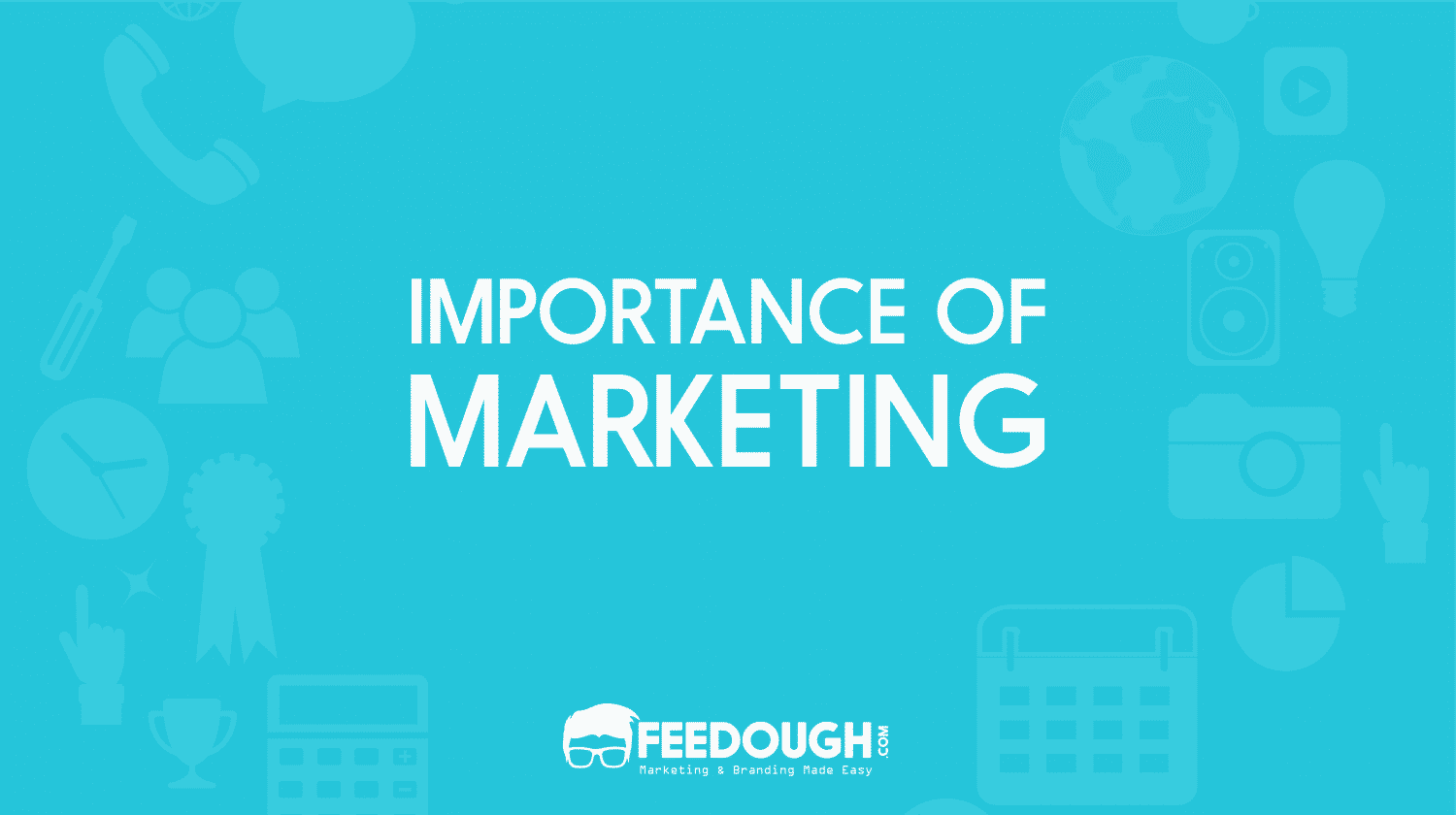
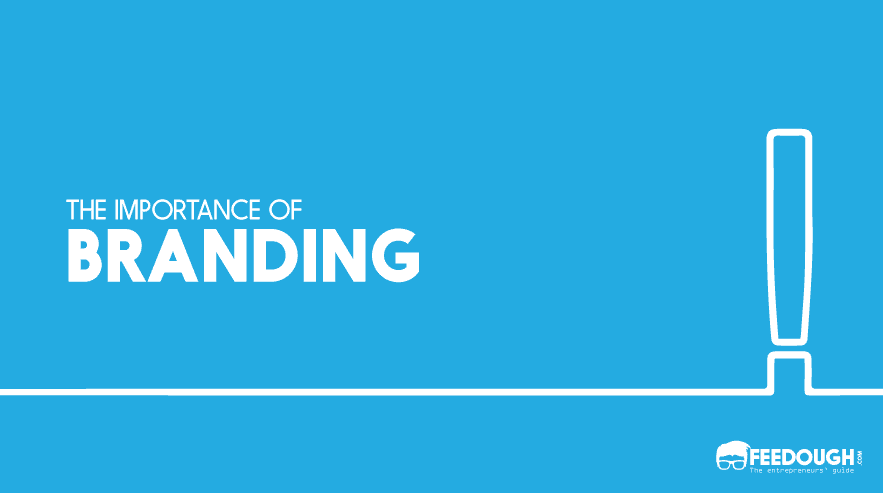
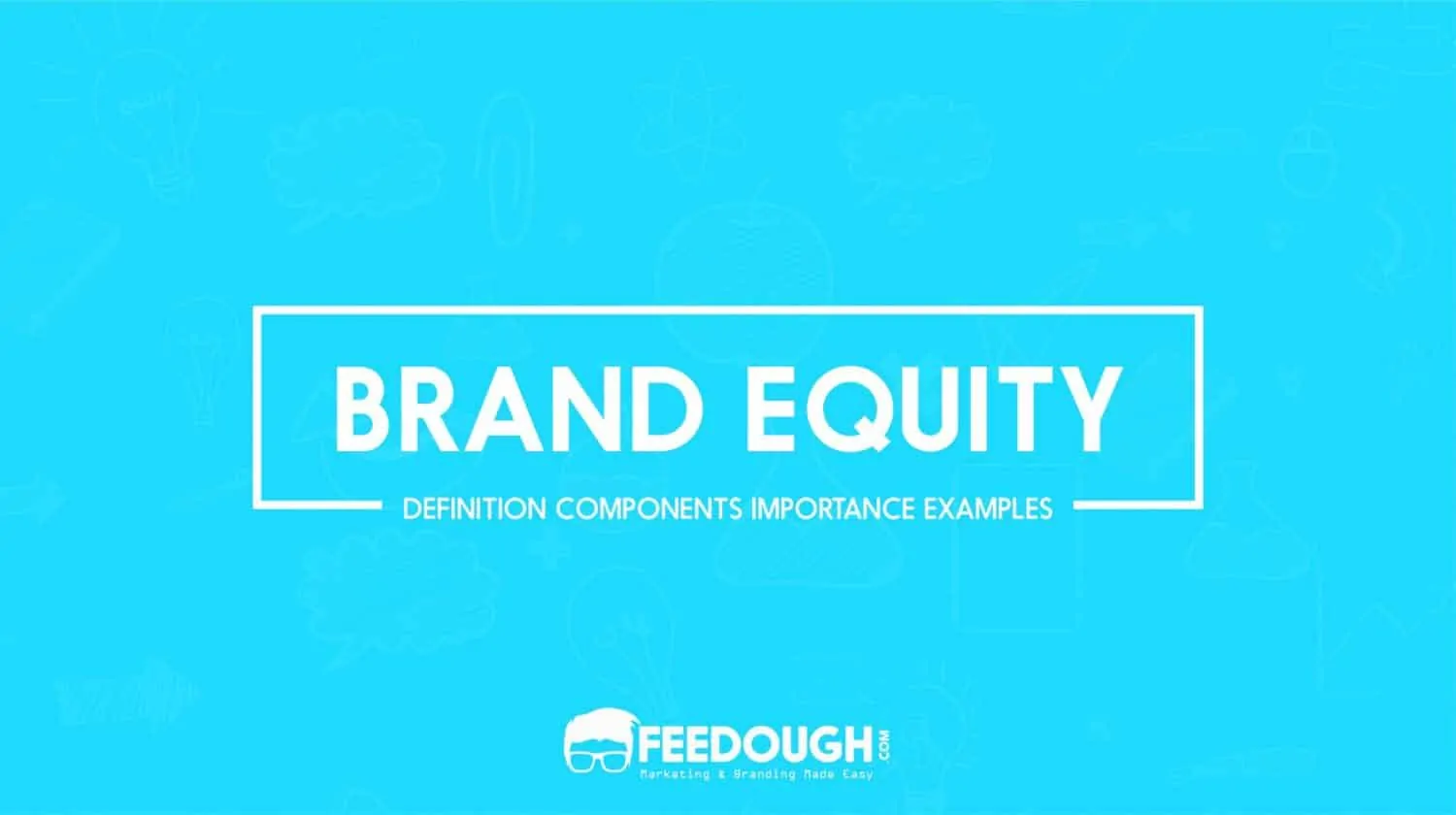
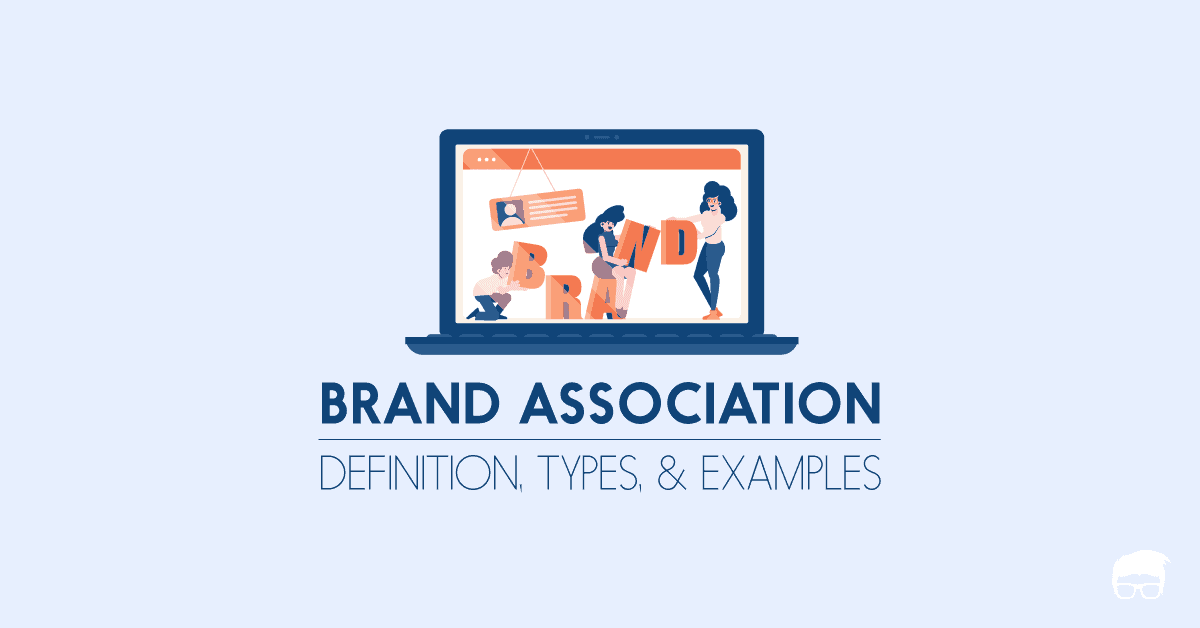
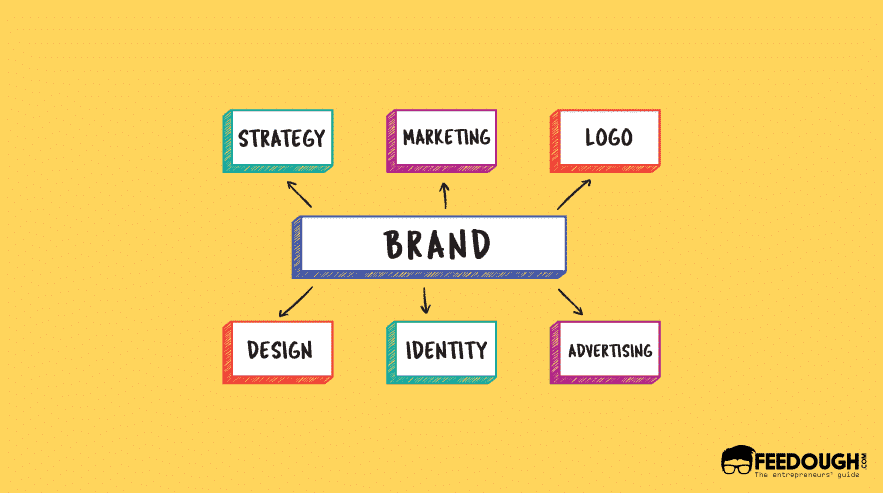

![What Is Brand Strategy & How To Develop One? [Ultimate Guide] BRAND STRATEGY](https://www.feedough.com/wp-content/uploads/2019/11/BRAND-STRATEGY.webp)
